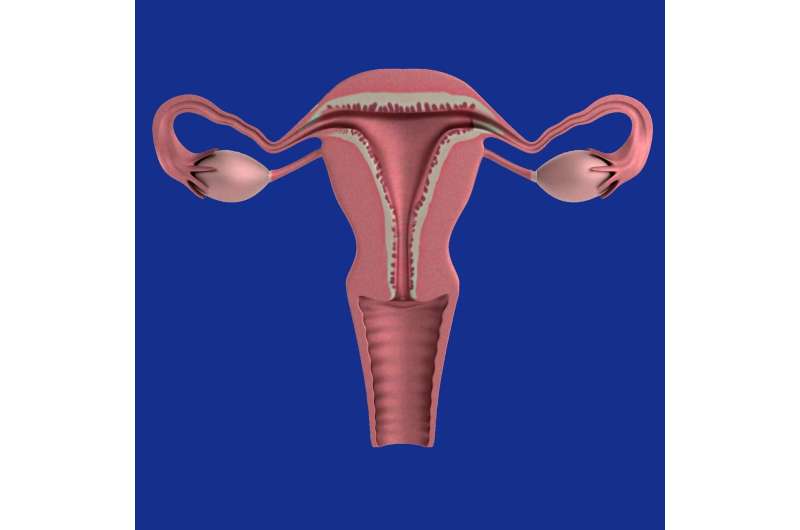Air Pollution's Impact on Bone Health in Postmenopausal Women

Emerging research reveals that long-term exposure to air pollution may accelerate bone loss in postmenopausal women, highlighting the importance of environmental health for bone integrity.
Recent research indicates that exposure to air pollution may contribute to increased bone loss in women who have gone through menopause. A study published online on April 24 in the Journal of Bone and Mineral Research highlights that long-term exposure to specific air pollutants, such as nitrogen oxides, nitrogen dioxide, and sulfur dioxide, is linked to adverse effects on bone health. The investigation, conducted by Dr. Diddier Prada and colleagues from the Institute for Health Equity Research at the Icahn School of Medicine at Mount Sinai, examined data from the Women's Health Initiative, involving over 270 participants.
The researchers analyzed the metabolomic responses to air pollutant exposure, finding that certain pollutants are associated with changes in metabolites like taurine, inosine, and C38:4 phosphatidylethanolamine, which could influence bone density. Notably, the study showed that exposure over periods extending up to nine years correlates with increased bone deterioration in postmenopausal women. Interestingly, fine particulate matter with diameters ≤10 μm did not show a significant association with bone loss.
Dr. Prada emphasized the importance of these findings, stating that identifying early indicators of pollution-related bone damage may lead to new therapeutic approaches. He also underscored that avoiding exposure isn't always feasible, making understanding these mechanisms crucial for developing protective strategies.
This research adds to the growing body of evidence that environmental factors like air quality have a profound impact on health, particularly in vulnerable populations such as postmenopausal women. It serves as a vital wake-up call for increased awareness and preventive measures to safeguard bone health amid pollution challenges.
Stay Updated with Mia's Feed
Get the latest health & wellness insights delivered straight to your inbox.
Related Articles
Neurons Possess Built-In 'Backup Batteries' to Sustain Brain Function Under Stress
Researchers from Yale have discovered that neurons store glycogen as an internal backup energy source, enabling the brain to maintain function during metabolic stress and hypoxia. This metabolic plasticity offers new insights into neuronal resilience and potential treatments for neurological conditions.
Epigenetic Dysregulation in Early Embryos Provides Insights into Heritability of Polycystic Ovary Syndrome
New research reveals how epigenetic changes in early embryos from women with PCOS may explain inheritance patterns and offer future diagnostic and therapeutic options.
Innovative Brain-on-a-Chip Technology Sheds Light on How Sepsis and Neurodegenerative Diseases Harm Brain Health
Groundbreaking brain-on-a-chip models are advancing our understanding of how systemic inflammation and neurodegenerative diseases damage the brain, paving the way for new treatments and personalized medicine.
Breakthrough in Pancreatic Cells Could Enhance Autoimmune Diabetes Treatments
New research from Scripps Research identifies specialized pancreatic cells that protect insulin-producing cells from autoimmune damage, paving the way for innovative type 1 diabetes therapies.



